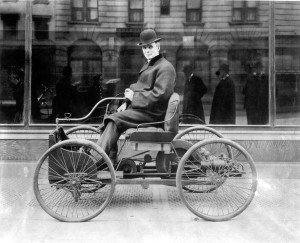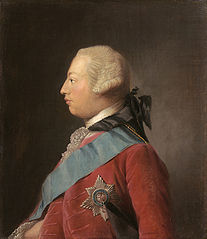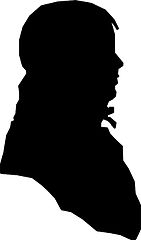 National Hug Your Cat Day is today! According to the Humane Society, almost 43 million households have at least one cat. About 35 percent of all households have a cat. Studies show that petting a pet lowers stress and increases health.
National Hug Your Cat Day is today! According to the Humane Society, almost 43 million households have at least one cat. About 35 percent of all households have a cat. Studies show that petting a pet lowers stress and increases health.
National Cheese Day is today because Roquefort cheese was first made on this day in 1070. Children could celebrate today by tasting a variety of cheeses. They could also poll their friends to learn which cheeses are most popular. Idea: Children could find out how Roquefort differs from other cheeses at: https://www.youtube.com/watch?v=gWM_R2tDOfA.
Jack Jouett became a hero on the night of June 3 into June 4, 1781. Jouett overheard British plans to capture Thomas Jefferson and others. Jouett understood how important the group was yet how vulnerable they were. He rode 45 miles through rough and tough Virginia countryside to warn Thomas Jefferson and members of the legislature that the British were coming. When the British arrived in Charlottesville, the Americans had escaped. Jouett has been called the “Paul Revere of the South.” Children could read Jack Jouett of Albemarle: The Paul Revere of the South by Jennie Thornley Grayson.

Henry Ford on His Quadricycle
Henry Ford test drove his first car in 1896. The hand-made Quadricycle was quite expensive and could travel up to 20 miles per hour. Children can view an extensive timeline of Ford automobiles at: Ford.
Pulitzer Prizes were awarded for the first time in 1917. Laura E. Richards and Maude H. Elliott, assisted by Florence H. Hall, won the biography award for Julia Ward Howe. Older children could visit the Pulitzer website at: http://www.pulitzer.org/. They could also read the book at: Project Gutenberg.
Tiananmen Square Massacre occurred in Beijing, China, in 1989. Several thousand people were killed when Chinese troops opened fire on demonstrators. The protesters were demanding more freedom from the Chinese government. In the weeks following the massacre, thousands of demonstrators were imprisoned.
Aesop (born perhaps this day 620 BC; died 564 BC) was a storyteller, best known for his fables. Little is really known about his life; some accounts state he was a slave who gained his freedom through his ability to entertain. Children can read a variety of his fables at: Project Gutenberg.

King George III
George III (born London, England, 1738; died Windsor Castle, England, January 29, 1820) was the King of England during the American Revolution. He realized he was not a good political leader. His actions probably contributed to the start of the war. At one point he almost abdicated. He experienced periods of dementia, and from 1811 until his death the country was actually run by his son, George IV. Children could read Jean Fritz’s Can’t You Make Them Behave, King George?
Joyce Sidman (born Hartford, Connecticut, 1956) has written at least thirteen books of poetry for children. She received a 2011 Newbery Honor Award for Dark Emperor and Other Poems of the Night. Another of her books is Eureka! Poems about Inventors. Children can visit her website at: Joyce Sidman.
